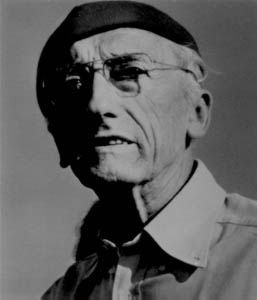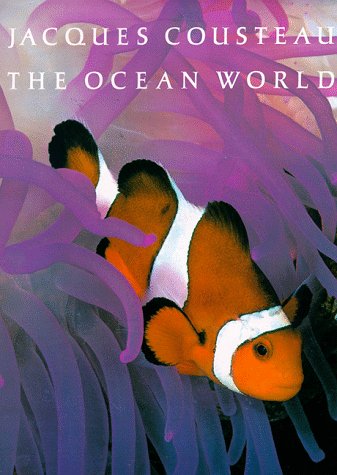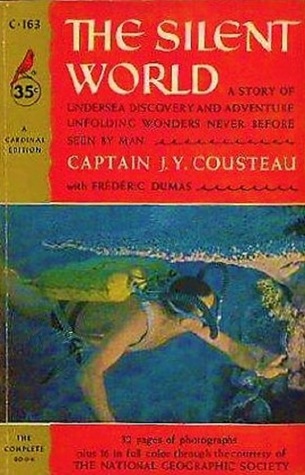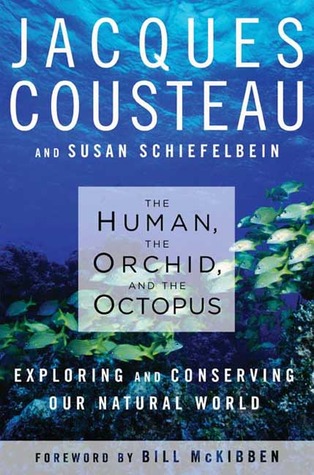Jacques-Yves Cousteau

Born in 1910, was a French naval officer, explorer, ecologist, and filmmaker, who studied the sea. Although he is most famous to us from his television programmes, he also co-developed the aqua-lung, and pioneered marine conservation as a political and scientific priority.
In the Calypso, an ex-Royal Navy minesweeper, Cousteau visited the most interesting waters of the planet. During these trips he produced many books and films. He gained three Oscars for; The Silent World, The Golden Fish, and World Without Sun, as well as many other top awards including the Palme d'Or in 1956 at the Cannes Film Festival.
Cousteau liked to call himself an "oceanographic technician". He was in reality a sophisticated lover of nature who found a way of communicating complex scientific and biological concepts to ordinary people. While he was criticised at the time by some academics for failing to express science 'properly', his work permitted many people to explore the resources of the "blue continent". As an example of his influence, in 1975, folk singer John Denver composed the song "Calypso" as a tribute to Cousteau and his research ship Calypso. The song reached the number one position on the Billboard 100 charts.
Cousteau's work did a great deal to popularize knowledge of underwater biology and was featured in the long-lived documentary television series The Undersea World of Jacques Cousteau which began in 1968. On January 11, 1996, the Calypso sank in Singapore harbour. Cousteau died on June 25, 1997 - his work is continued by his son Jean-Michel and his grandson Fabien, who studies sharks from a custom-built shark-shaped submarine.




